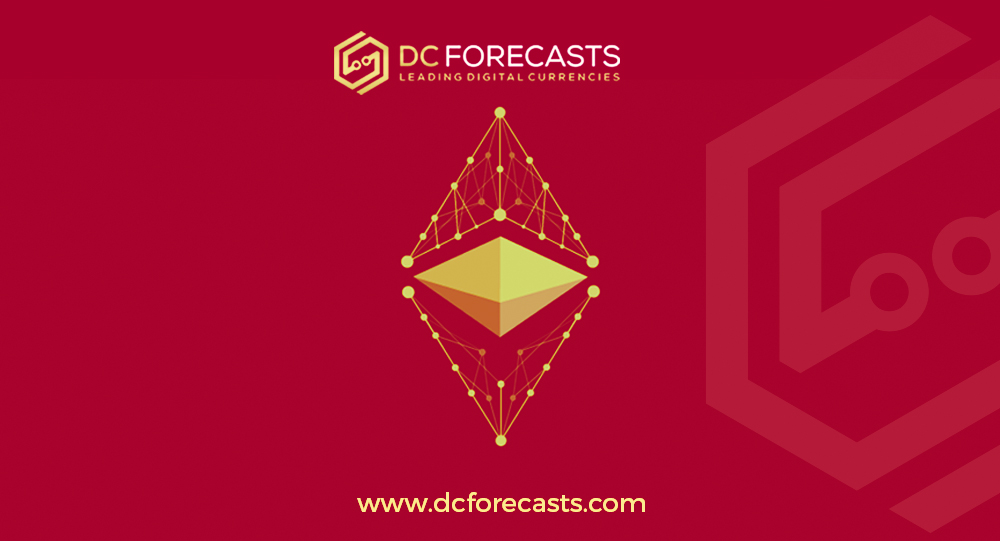Opera will integrate Ethereum dapps into its browser with the help of Polygon as it announced its dapp expansion plans for its browser as well. In our latest cryptocurrency news, we are reading more about it.
Opera is a web browser that supports web 3.0 and it recently announced a browser integration with Polygon. It will offer Opera users in-browser access to another 3000 Dapps on the network. Opera revealed its most recent partnership and the browser that features a built-in crypto wallet and uses Ethereum’s web 3.0 API, allowing its users to transact into Polygon’s MATIC native token by also eliminating passwords, helping to remove barriers for entry for all newcomers.
Polygon was created as a Layer 2 scaling solution for the ETH network which is now plagued by high fees. Vitalik Buterin admitted that these solutions are required to scale the functionality of the network and especially around NFTs. Polygon hosts plenty of NFT and gaming apps to help with this problem. The Opera EVP Mobile Jorgen Arnesen said:
“Our cooperation with Polygon will allow us to remove the biggest challenge that crypto-enthusiasts are now facing: high gas fees and slow transaction speeds..”
Opera users will be able to access Dapps like Curve, Aave, balancer, SushiSwap, and Kyber alongside the NFT platforms like OpenSea, Sandbox, Somnium Space, Decentraland, and more. Polygon will start by integrating into the Opera Android browser and will rely on the Android’s system lock to sign transactions. The integration is planned for the first quarter of the year. Opera also announced a similar partnership with Solana earlier this month with which the browser users will have access to the Solana dapps. The non-custodial wallet supports plenty of other cryptos too like Ethereum, Tron, Celo, and Bitcoin.
Opera will integrate Ethereum dapps as the Web 3.0 platform is proving a fierce competitor to Brave. But unlike Brave, Opera chose not to develop its own crypto nor its own blockchain. The premise of the browsers is to provide a blockchain-based layer and decentralized layer for interacting on the web. The current idea of the internet is to be governed by powerful websites which will serve as a single point of failure and will have full power to censor the content that the other uses publish on the platform. Web 3 projects aim to fix that.
Not all are convinced of the concept but Jack Dorsey argued recently that Web 3.0 is a farce that is centralized and controlled by VCs and liquidity providers.
DC Forecasts is a leader in many crypto news categories, striving for the highest journalistic standards and abiding by a strict set of editorial policies. If you are interested to offer your expertise or contribute to our news website, feel free to contact us at editor@dcforecasts.com

























Discussion about this post